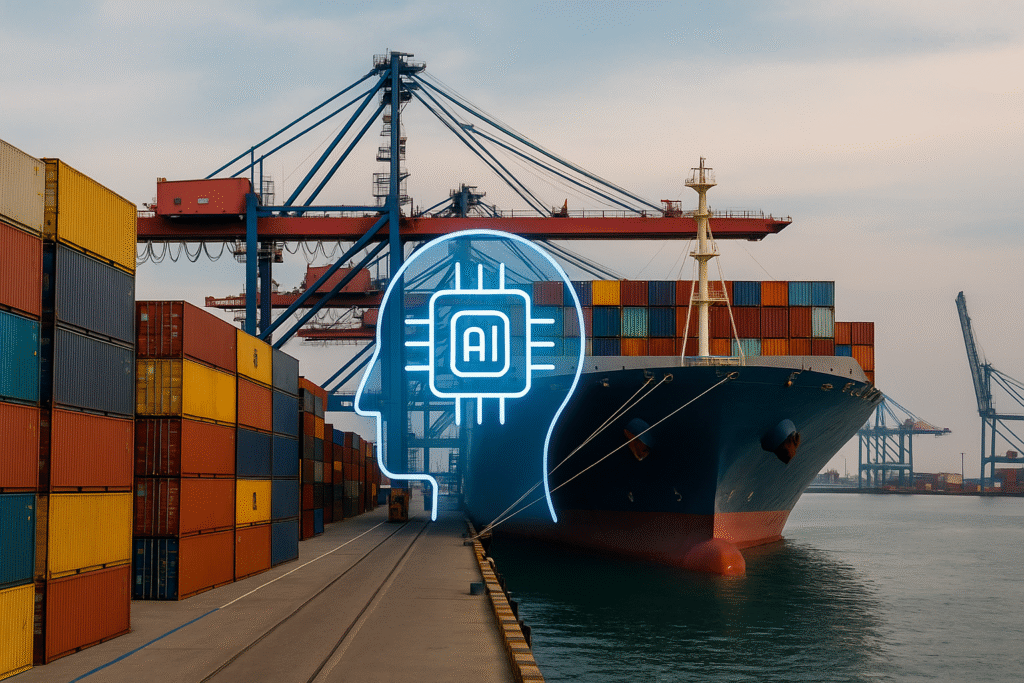AI in global trade as a predictive tool
AI in global trade is transforming the way businesses anticipate changes in international markets. By processing vast amounts of customs records, shipping data and macroeconomic indicators, artificial intelligence provides forecasts that are more precise than traditional methods. This technology allows companies to reduce uncertainty, strengthen resilience and make confident decisions in competitive environments.
AI for trade forecasting
One of the strongest applications is predictive analytics. Machine learning models identify demand shifts, trade bottlenecks and pricing patterns long before they become visible in traditional reports. Natural language processing adds another dimension by scanning news, regulatory updates and geopolitical developments. Together, these tools allow importers and exporters to adjust sourcing strategies and prepare for disruptions before they escalate.
AI-driven trade insights for businesses
The benefits of AI are tangible across industries. Importers gain visibility into supplier performance and delivery times, while exporters can pinpoint emerging markets with rising demand. Policymakers also leverage AI forecasts to design trade policies, measure tariff impacts and strengthen economic resilience. These insights create a level playing field where even smaller firms can access intelligence once available only to large corporations.
Opportunities and challenges in adoption
Despite its promise, AI for global trade forecasting faces obstacles. Many organizations struggle with fragmented data systems or lack of resources to integrate advanced tools. Transparency and trust in AI-driven predictions also remain challenges. Yet the potential benefits outweigh the risks. Companies that adopt AI forecasting improve efficiency, reduce costs and protect their supply chains from unexpected shocks.
The future of predictive trade
Looking ahead, artificial intelligence will become a cornerstone of trade strategy. AI in global trade will not only predict patterns but also recommend actions, helping businesses and governments respond with agility. As adoption expands, those who integrate AI into planning will gain lasting advantages in competitiveness, resilience and global reach.
Source: World Trade Organization (WTO)

